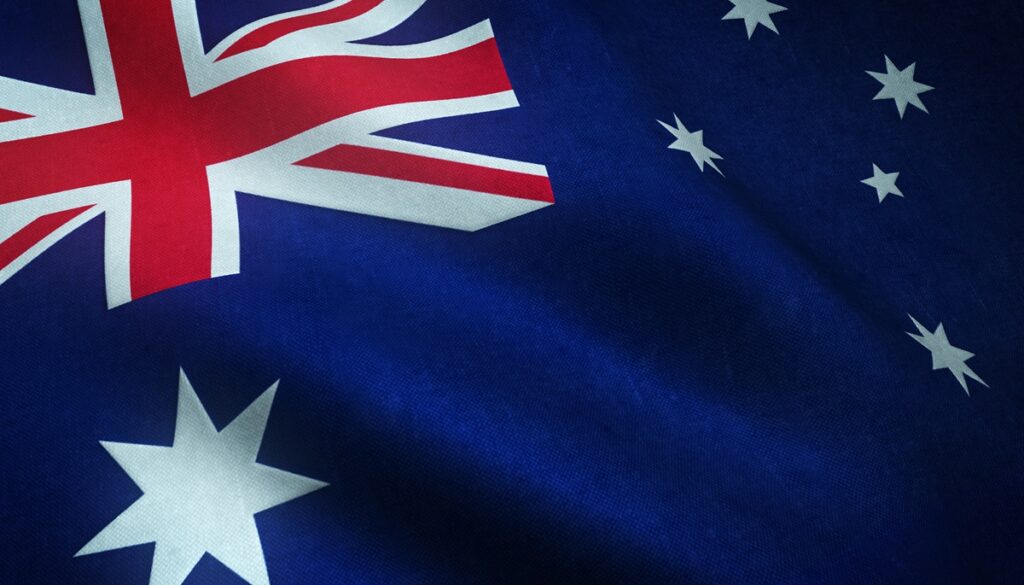The Australian government is set to proceed with its world-first legislation banning children under 16 from holding social media accounts, despite a legal challenge filed by the Digital Freedom Project. This move, scheduled to take effect on December 10, has sparked controversy and a constitutional challenge that could have lasting implications on privacy and freedom of communication.
Legal Challenge Filed by Digital Freedom Project
On Wednesday, the Sydney-based Digital Freedom Project filed a constitutional challenge in the High Court of Australia, contesting the law that will prevent children younger than 16 from maintaining accounts on major social media platforms such as Facebook, Instagram, Snapchat, TikTok, X (formerly Twitter), and YouTube. The challenge comes just weeks before the law is set to be enforced.
The Digital Freedom Project argues that the law infringes on young people’s right to freedom of political communication and outsources parental responsibility to the government. John Ruddick, the president of the Digital Freedom Project and a state lawmaker for the minor Libertarian Party, criticized the ban, stating that parental supervision, not government mandates, should control children’s online activity.
Government’s Position: Ban Remains in Effect
Despite the legal challenge, Communications Minister Anika Wells has reiterated the government’s stance, emphasizing that the ban will proceed as scheduled. During her address to Parliament, she declared, “We will not be intimidated by legal challenges. We will not be intimidated by Big Tech. On behalf of Australian parents, we stand firm.” The government is determined to protect children from online harm, including cyberbullying, scams, and sexual exploitation, which it believes justifies the measure.
Meta Begins Warnings for Children Under 16
In preparation for the ban, Meta, the parent company of Facebook, Instagram, and Threads, has already begun notifying thousands of Australian children suspected to be under 16, urging them to download their digital histories and delete their accounts before the law takes effect. The government has stated that social media companies must take reasonable steps to remove users under 16 or face substantial fines — up to 50 million Australian dollars ($32 million).
This move is part of Australia’s broader effort to regulate online activity and protect young people from the dangers of the digital world, including exposure to harmful content, online predators, and privacy violations.
Letitia James Faces Federal Charges of Mortgage Fraud Amid Backlash

Global Context: Malaysia’s Similar Plan
Australia is not alone in considering restrictions on social media for young people. Malaysia recently announced plans to ban children under 16 from using social media starting in 2026, following similar concerns about online harm. Malaysian Communications Minister Fahmi Fadzil noted that the government is studying the Australian model and other international approaches, including the potential use of electronic identity verification to enforce the age limit.
Ongoing Debate: Privacy vs. Protection
The debate over children’s access to social media has intensified globally, with privacy advocates and civil liberties groups warning that such laws could infringe on freedoms, while proponents argue that they are necessary to protect young users from the increasingly harmful effects of social media. As the Australian government pushes ahead with its policy, the outcome of the Digital Freedom Project’s legal challenge will likely have significant implications for similar measures around the world.






